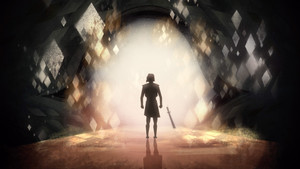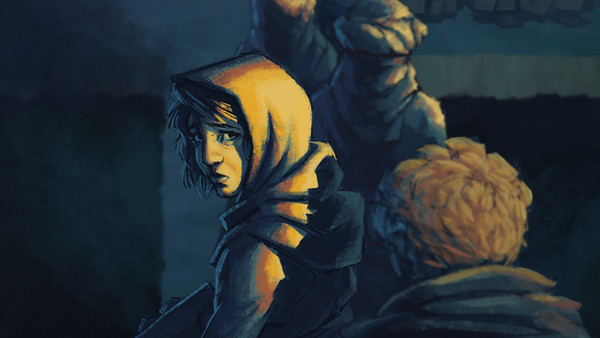

Exile
Exile is one of the core, yet often overlooked, themes underlying the entire biblical storyline. In this video, we'll see how Israel's exile to Babylon is a picture of all humanity's exile from Eden. We are all exiles longing for home, and Jesus is the one to open the way back to our true home and the fullness of relationship with God.
Reflect
Compare the first exile in Genesis 3:9-24 with the next in Genesis 4:6-16, when Cain was exiled east toward Babylon. Take note of repeated ideas and words. Why do you think the land suffered in each situation? Why were the humans driven from their homeland?
Babylon is the place where people chase power to make a name for themselves (Genesis 11:4). But Abram is invited to leave Babylon when God tells him to move to a land he would show him. Read Genesis 12:1-3. What does God promise to do for and through Abram?
Centuries later, Abraham’s family became the people of Israel. They entered the homeland God promised, but they failed to trust God and were exiled. But even in their exile, God made a way for them to return home (see Deuteronomy 30:1-6). What does this say about God’s character and the nature of his promises?
Jesus is the way back home for all humanity. Jesus invites us back into God’s presence and the Eden ideal. Read John 14:1-6 and John 14:16-23. Based on this passage, how does Jesus make a way for us to be at home in God while we live on Earth? How does Jesus make a way for God to be at home within us?
Take time to discuss other themes, questions, or key takeaways from what you learned together.
View Article
Downloads
Biblical Themes

The Wilderness

Redemption
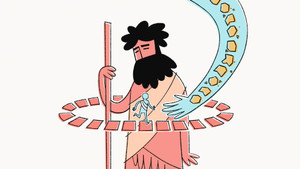
The Exodus Way

The Mountain
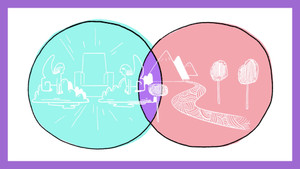
Heaven & Earth

The Messiah

The Covenants
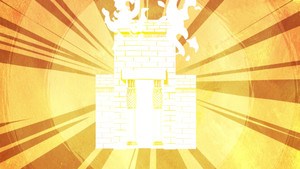
Holiness
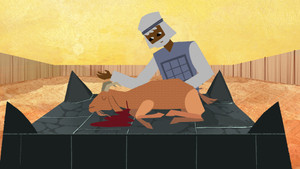
Sacrifice and Atonement
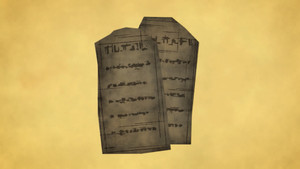
The Law

Gospel of the Kingdom

Image of God
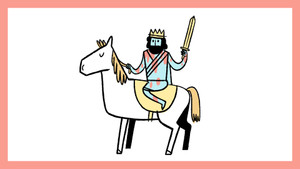
Day of the Lord
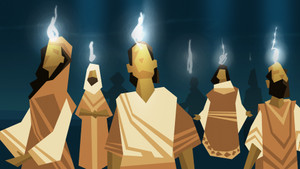
Holy Spirit
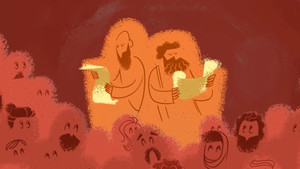
Public Reading of Scripture
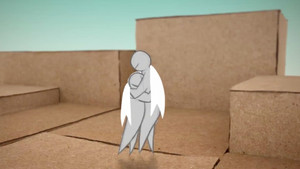
Justice

Exile
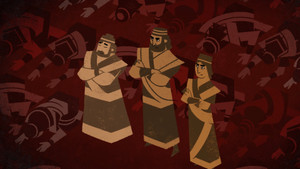
The Way of the Exile
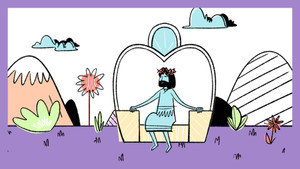
Son of Man

Temple

Generosity

Sabbath
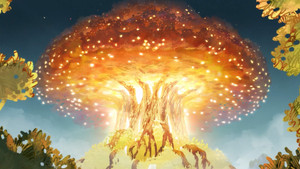
Tree of Life

Water of Life
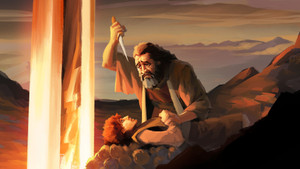
The Test
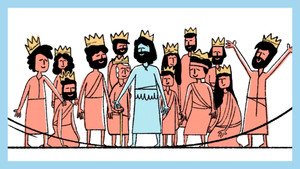
Eternal Life
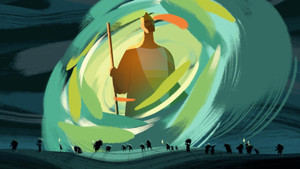
Blessing and Curse

The Last Will Be First
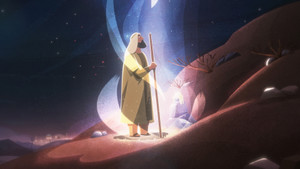
Anointing
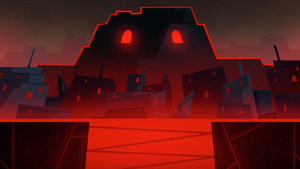
The City
